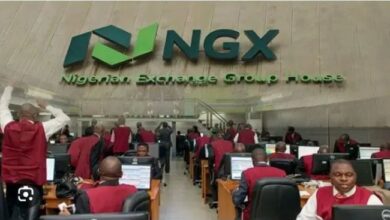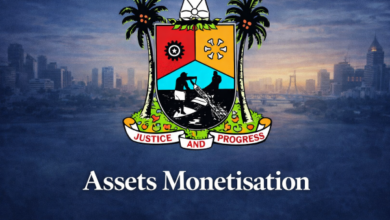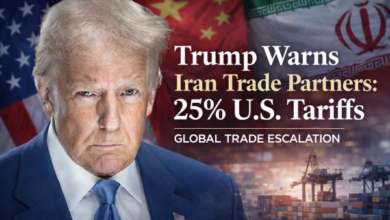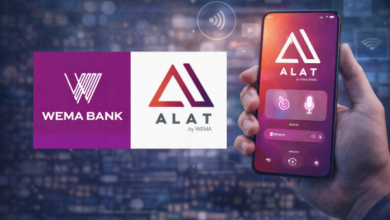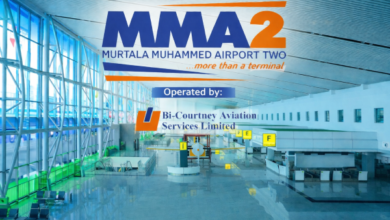Public vs Private: Debate Heats Up Over FG’s Embargo on New Public Universities

Nigeria’s higher education system is once again at the centre of policy debate as the Federal Government imposes a seven-year moratorium on establishing new public universities, sparking sharp reactions from academics, parents, and industry watchers.
Why the Embargo?
According to the Federal Ministry of Education, the pause is designed to allow a comprehensive review of guidelines for university creation and ensure quality. With 300 universities already licensed—73 federal, 67 state, and 160 private—the National Universities Commission (NUC) argues that unchecked expansion has outpaced funding, staffing, and infrastructure.
The move comes against a backdrop of chronic underfunding of existing institutions, dilapidated infrastructure, and a lingering crisis of brain drain among academic staff.
Support: “A Step Toward Quality, Not Quantity”
Prof. Oguguo Egwu, former ASUU chairperson at Alex Ekwueme Federal University, lauded the decision, describing it as aligned with ASUU’s long-standing position.
“In recent years, universities have become constituency projects rather than centres of excellence. This embargo is necessary if we want world-class universities,” Egwu said.
Egwu, who also heads the NLC in Ebonyi, however, warned against simultaneous approvals for private universities, arguing it could weaken the public system the majority of Nigerians depend on.
“Private universities enrol less than 10% of undergraduates. Most Nigerians can’t afford them. This looks like a slow hollowing out of public education,” he cautioned.
Opposition: “Access at Risk”
Others disagree, warning that the embargo could choke access to higher education. Nigeria produces over 1.5 million candidates for UTME yearly, but public universities admit only a fraction.
Mrs Patience Okorie, a parent, argued:
“If we don’t expand public universities, the poor will be locked out while private schools become the only option. Education will shift from being a right to a privilege.”
A senior staff member at Ebonyi State University added that overcrowding was already at crisis levels: “Our classrooms are bursting. Labs are under-equipped. Yet thousands of qualified candidates are left stranded.”
The Bigger Picture: A Fragile Higher Education Economy
Nigeria’s higher education sector is caught between two competing imperatives:
- Expanding access to meet the needs of a youthful population.
- Consolidating quality to avoid producing under-skilled graduates.
The political economy of education also complicates matters. New universities often emerge from lobbying by politicians eager to leave legacies in their constituencies. This has led to a proliferation of campuses without sustainable funding models.
At the same time, private universities—now more than half of total institutions—are rapidly expanding, but their high fees price out the majority of students.
Alternatives: What Experts Recommend
Stakeholders like Dr Joseph Ajanaku of the Cashew Association (in a separate agricultural context) argue that bans rarely solve structural problems. Applying that logic to education, experts recommend:
- Revitalising existing public universities through stable funding, infrastructure renewal, and research grants.
- Phased approvals for new public institutions, tied to clear benchmarks of financial and academic capacity.
- Student financing reforms, including loans and grants, to democratise access across public and private schools.
- Industry partnerships to make universities engines of job creation, not just degree factories.
BRANDECONOMY Take
Nigeria’s higher education sector sits at a crossroads. The embargo signals a quality-first agenda, but without addressing access, affordability, and funding gaps, the policy risks deepening inequality in learning opportunities.
If the government can combine the moratorium with real investment in existing institutions—reviving research, expanding capacity, and building credible student financing systems—it might just achieve both quality and equity.
Until then, the debate remains open: Is Nigeria prioritising excellence, or pricing its youth out of the future?





